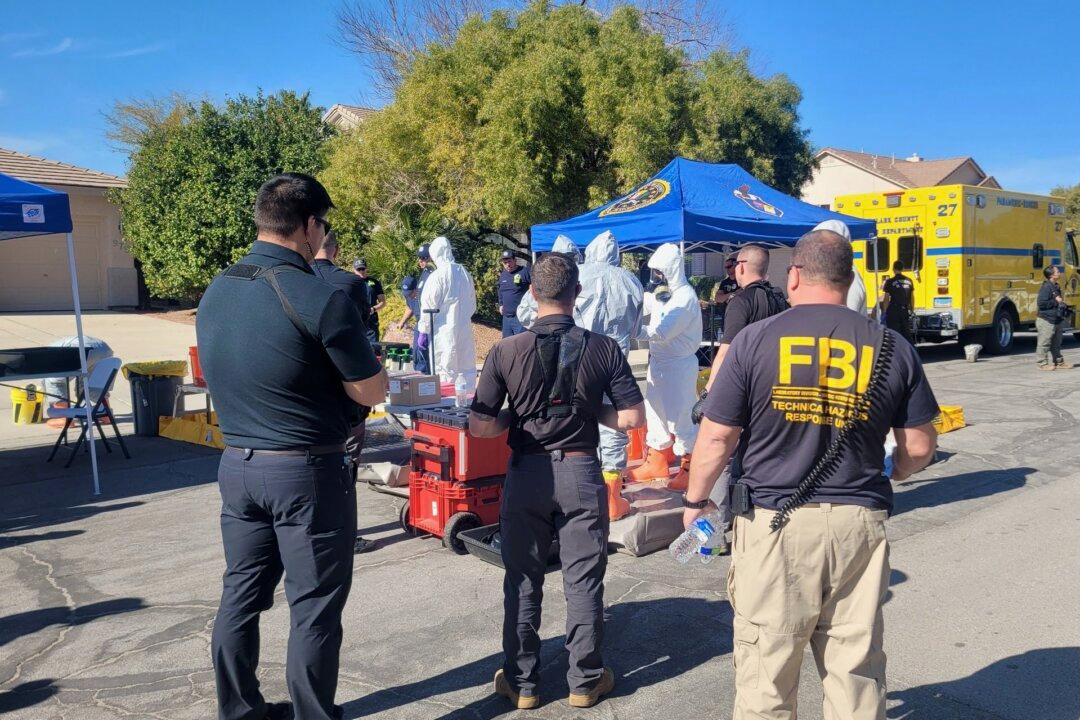Ryan Routh, the suspect in the attempted assassination of former President Donald Trump, was formally charged on Monday morning.
Routh is currently facing two felony charges of possession of a firearm by a convicted felon and possession of a firearm with an obliterated serial number, according to unsealed court documents.





